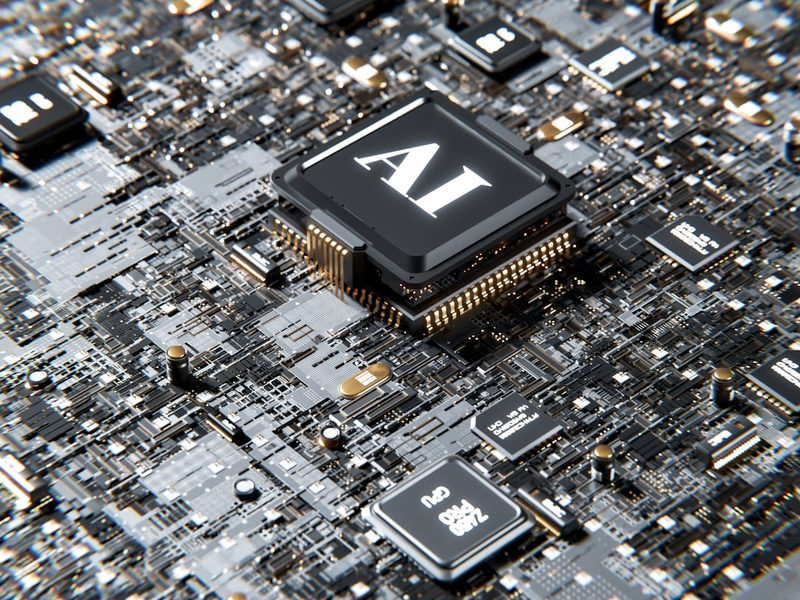AI is Becoming Teens' New Best Friend (And That's Complicated)

Photo by Igor Omilaev on Unsplash
Generation Z is diving deep into artificial intelligence, transforming how they seek advice, companionship, and make everyday decisions. Recent research from Common Sense Media reveals a startling trend: over 70% of teens have used AI companions, with half using them regularly.
Teens are turning to AI platforms like ChatGPT and Character.AI for everything from back-to-school shopping advice to emotional support. Kayla Chege, a 15-year-old high school student, exemplifies this trend, using AI to help with mundane questions and personal decisions.
The implications are profound. Researchers like Michael Robb warn that AI interactions might hinder critical social skill development. “If teens are constantly validated without being challenged, they won’t learn to read social cues or understand different perspectives,” Robb explains.
Most concerning is how deeply teens are integrating AI into their emotional lives. Thirty-one percent of surveyed teens reported AI conversations as satisfying as or more satisfying than human interactions. Even more alarming, 33% have discussed serious issues with AI instead of real people.
Psychology professor Eva Telzer notes that children as young as 8 are using generative AI, often exploring sensitive topics like sexuality through these platforms. The potential psychological risks are significant, especially during adolescence when identity and social skills are forming.
Some teens, like Ganesh Nair, are becoming aware of AI’s potential dangers. Nair shared a troubling story about a friend who used an AI chatbot to write a breakup text, highlighting the technology’s ability to mediate human relationships.
While AI offers unprecedented accessibility and seemingly judgment-free interaction, experts caution against replacing human connections. As Bruce Perry, a 17-year-old user, put it: “I’m worried that kids could get lost in this. I could see a kid growing up with AI not seeing a reason to go to the park or try to make a friend”.
As AI technology continues to evolve, the conversation around its impact on youth mental health and social development becomes increasingly critical.
AUTHOR: mei
SOURCE: AP News
























































